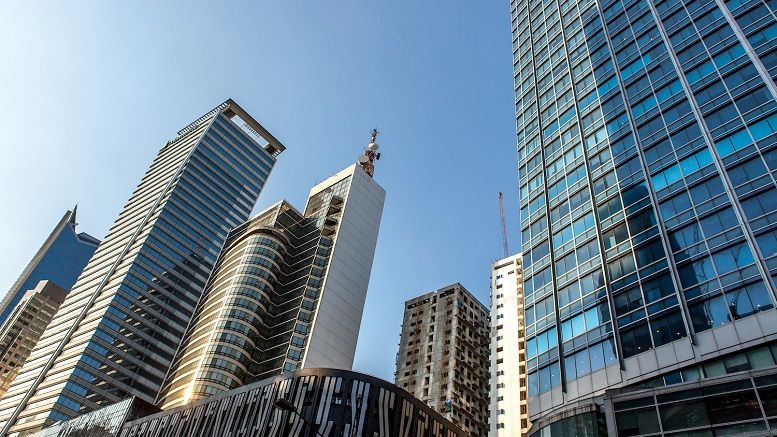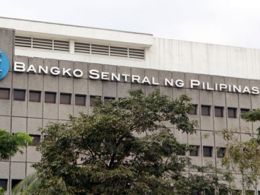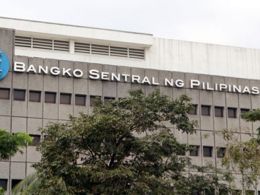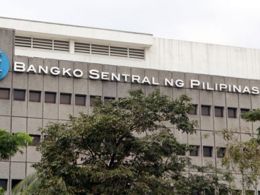
Bitcoin Exchanges Could Face New Regulations in the Philippines
The central bank of the Philippines is looking to expand oversight of the country’s financial system following an embarrassing hack on the SWIFT international transfer system – a move that may ultimately result in new rules for domestic bitcoin services. According to Reuters, officials for the Bangko Sentral ng Pilipinas are mulling whether to apply additional scrutiny to money exchangers in the Philippines, which could capture bitcoin exchanges that swap cash for digital currencies. During an event organized by the central bank, deputy governor Nestor Espenilla, who oversees the....
Related News
Bangko Sentral ng Pilipinas has released a new set of regulations for the country's Bitcoin exchanges. The Central Bank of Philippines, Bangko Sentral ng Pilipinas has released a notification that makes it easier for Bitcoin exchanges in the country to operate. The new “Guidelines for Virtual Currency (VC) Exchanges” was approved by the country’s Monetary Board. According to the regulation, all cryptocurrency exchanges operating in the country will have to register themselves as Non-Banking Financial Institutions. The Central Bank has introduced these regulations in the light of increased....
The Philippines may soon introduce Bitcoin regulations amid increasing usage of cryptocurrencies for remittance. Bitcoin is increasingly being used for remittance in developing countries. Bitcoin remittance is probably the highest in the Philippines. In the current scenario, the country’s government has decided to draft Bitcoin regulations. The decision was made public by Nestor Espenilla, deputy governor of the country’s central bank, Bangko Sentral ng Pilipinas. The implementation of cryptocurrency regulations will be helpful to Filipinos as it will offer them protection amidst....
The Central Bank of Philippine is in the process of making few regulatory changes to combat money laundering and cyber attacks. The Philippines may soon introduce bitcoin regulations as the country’s central bank decides to tighten its screws around money laundering. The bank is also focused on improving the security of the cyber infrastructure. The South East Asian country of Philippines has suddenly decided to go hard on the money transfer and remittance businesses in the country. The sudden crackdown seems to be connected with the recent report published by Reuters and Fortune which....
The central bank of the Philippines has released new guidelines for bitcoin exchanges operating in the country. The move comes months after officials for the Bangko Sentral ng Pilipinas (BSP) signaled their intention to regulate exchanges, suggesting at the time that they would class the businesses as a form of remittance company. Under guidelines inked on 16th January and published today, "entities" that offer exchange services will be required to apply for a Certificate of Registration. Exchanges will also need to register with the country’s Anti-Money Laundering Council....
With everyone from Abra to ZipZap using it as either a launch market or a base of regional operations, the Philippines has long been the hub of innovation for bitcoin remittance companies. Local founders have said it was only a matter of time before the central bank, Bangko Sentral ng Pilipinas (BSP), would come around to regulating the industry, and that process finally began in early February of this year. That's when when BSP deputy governor Nestor Espenilla announced the central bank would issue a circular that intended to clear up the government's position on bitcoin and other....





